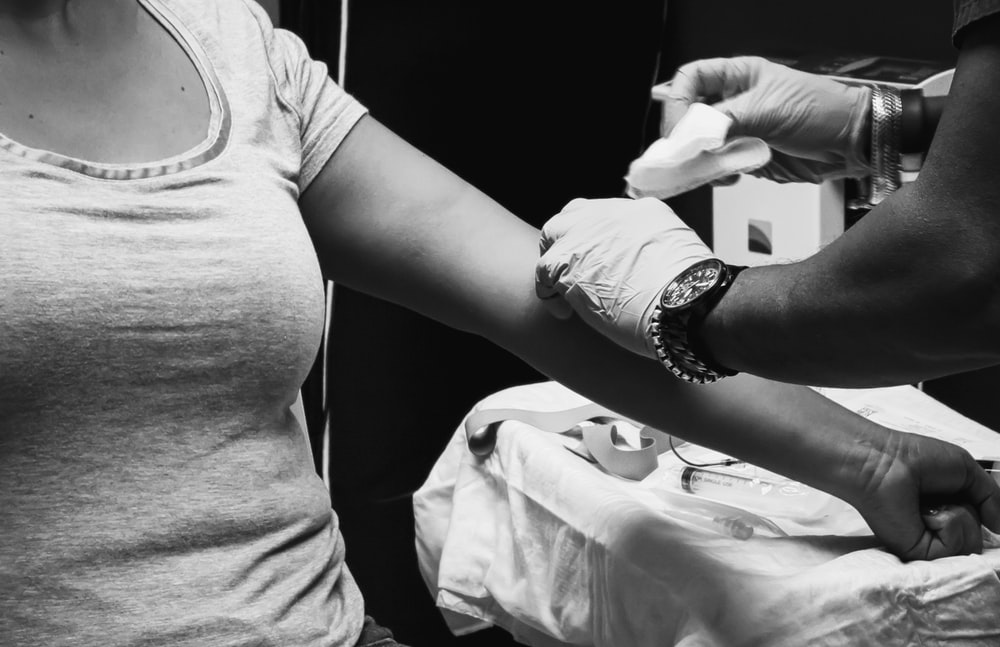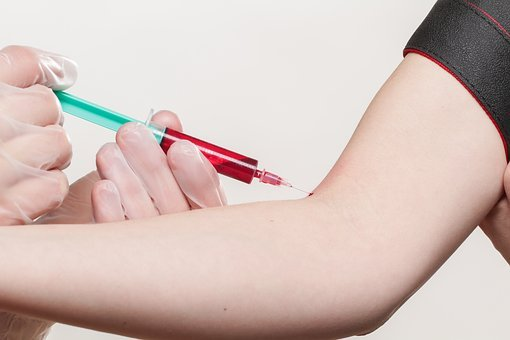
Why People Fear Donating Blood

Do you feel dizzy or nauseous when you have to give a blood sample? Well, you’re not alone. Research indicates that pain or blood visualization isn’t the main cause of most people’s fear of blood draws. 15% of adults worldwide struggle with the phobia of fainting during or after blood-drawing procedures.
There are three types of blood donation fears. The first one is the fear of needles, the second is the fear of passing out, and lastly, the fear of not qualifying for the blood donation drive.
There aren’t any magic words that you can say to make this fear disappear. However, there are some practices to help you cope with your fear. This blog will help you to face your fears. Take a look at this guide to understand why people fear donating blood.
Signs Indicating You Have A Fear Of Blood
There are various types of injection fear. First is the vasovagal response, which can cause a patient to pass out or experience panic attacks during or after a blood test.
Many people suffer a phobia of needles due to a past negative encounter or traumatic event. People with this fear may become uncomfortable, queasy, or experience chest tightness when there are needles around.
Some people have extremely sensitive skin that being injected hurts more than usual. Many of them feel guilty and embarrassed because of their trypanophobia. They could feel ashamed that, despite their best efforts, they cannot donate blood.
How To Avoid Fainting During A Blood Test?
The following are some helpful and effective tips to avoid fainting during a blood test:
- Try crossing your legs or clenching your arms and shoulders when you start noticing the indications of paroxysmal response during a blood test.
- Lie down and raise your legs to stretch your muscle tissues and get your body in a relaxed state.
- Try to eat a healthy meal before your blood test.
- Stay hydrated to elevate the water levels in your blood circulation.
- Limit coffee and liquor intake before the blood test.
How Can VR Help You?
According to new studies, using VR as a diversion can help reduce anxiety in children with medical procedures involving needles.
VR can also help people to deal with trypanophobia. People can face their phobias in a safe setting using VR’s realistic features and gradually get desensitized to the trigger.
Syringes or other potentially aggravating items are not required during VR exposure therapy. The user can wear the headgear and enter the virtual world. Amelia VR offers simulations of sitting in a doctor’s office and experiencing the blood test session without feeling any pain.

Help Save A Life By Donating Blood
Many people want to donate blood but don’t get the time to visit labs due to their busy schedules. That’s where mobile phlebotomy services Baltimore can help.
At Phlebotomy On Wheels, we provide reliable mobile lab services in MD right at your doorstep. We also offer other services, such as routine blood draws, stat draws, pediatric draws, etc. Contact us today for an appointment with our expert phlebotomists VA and MD.https://www.mobilebloodlabs.com/our-services/


